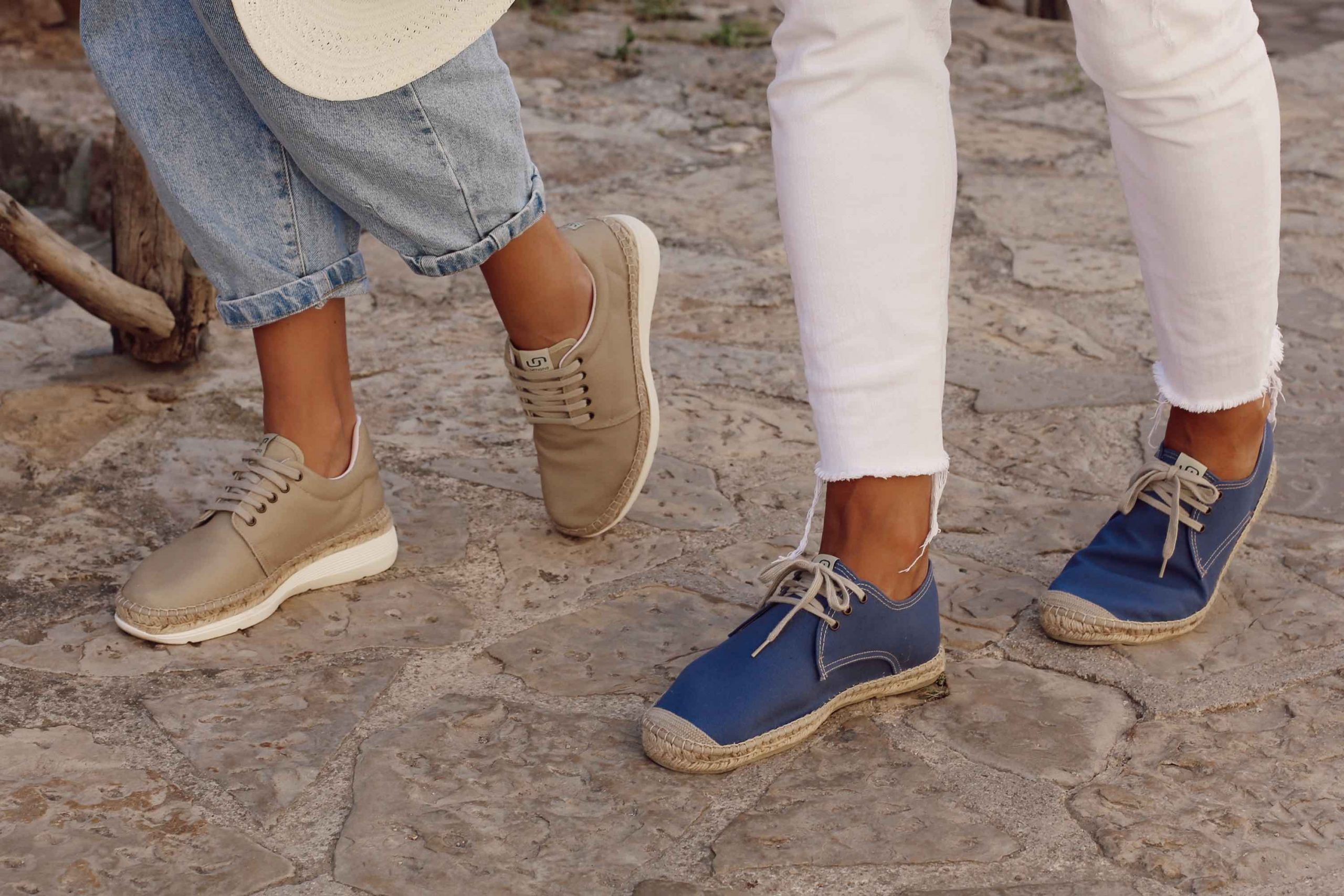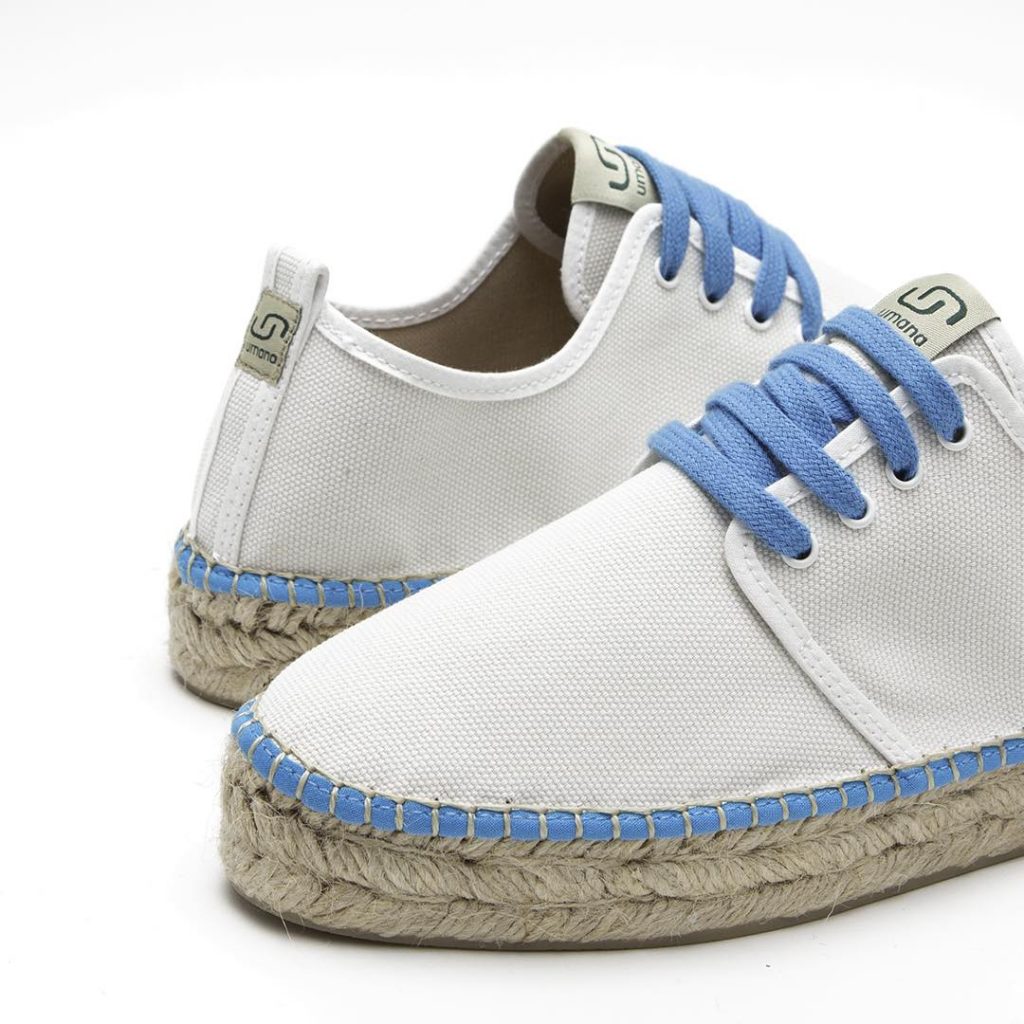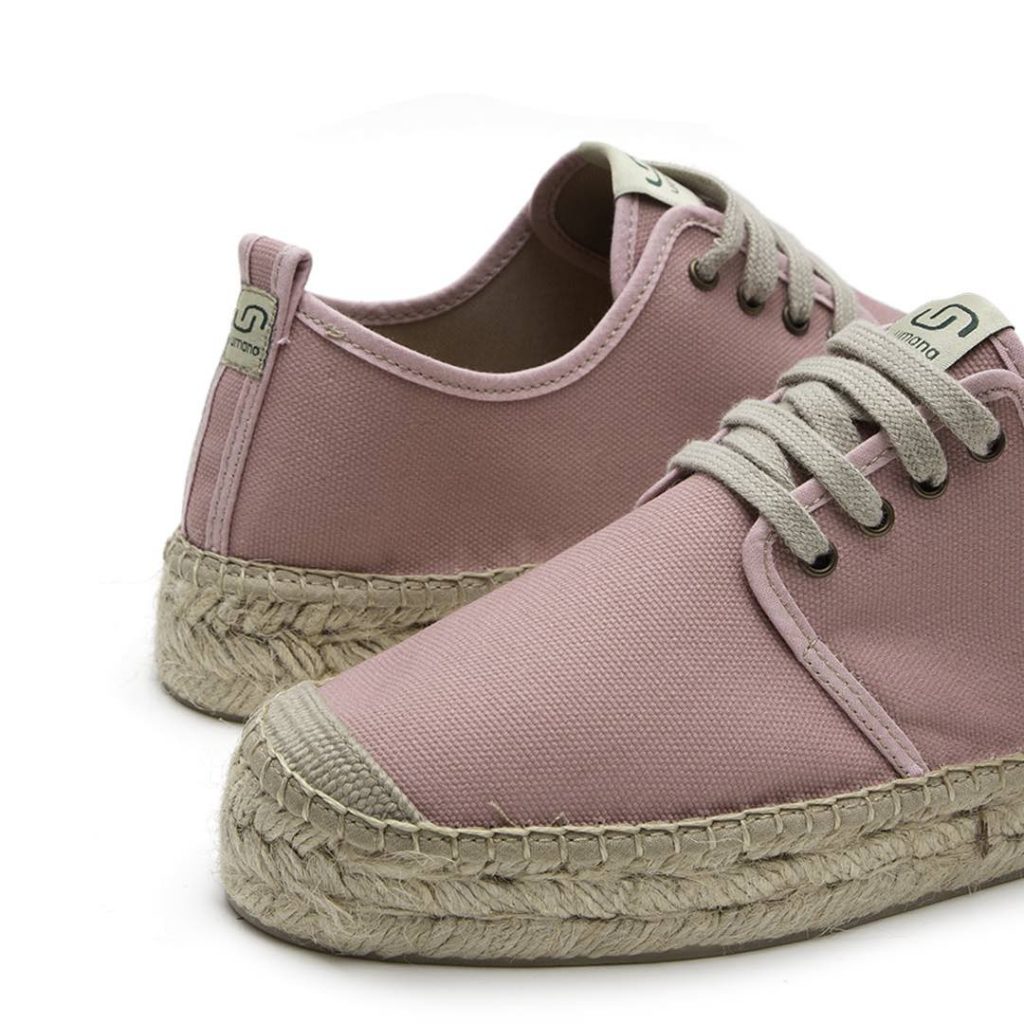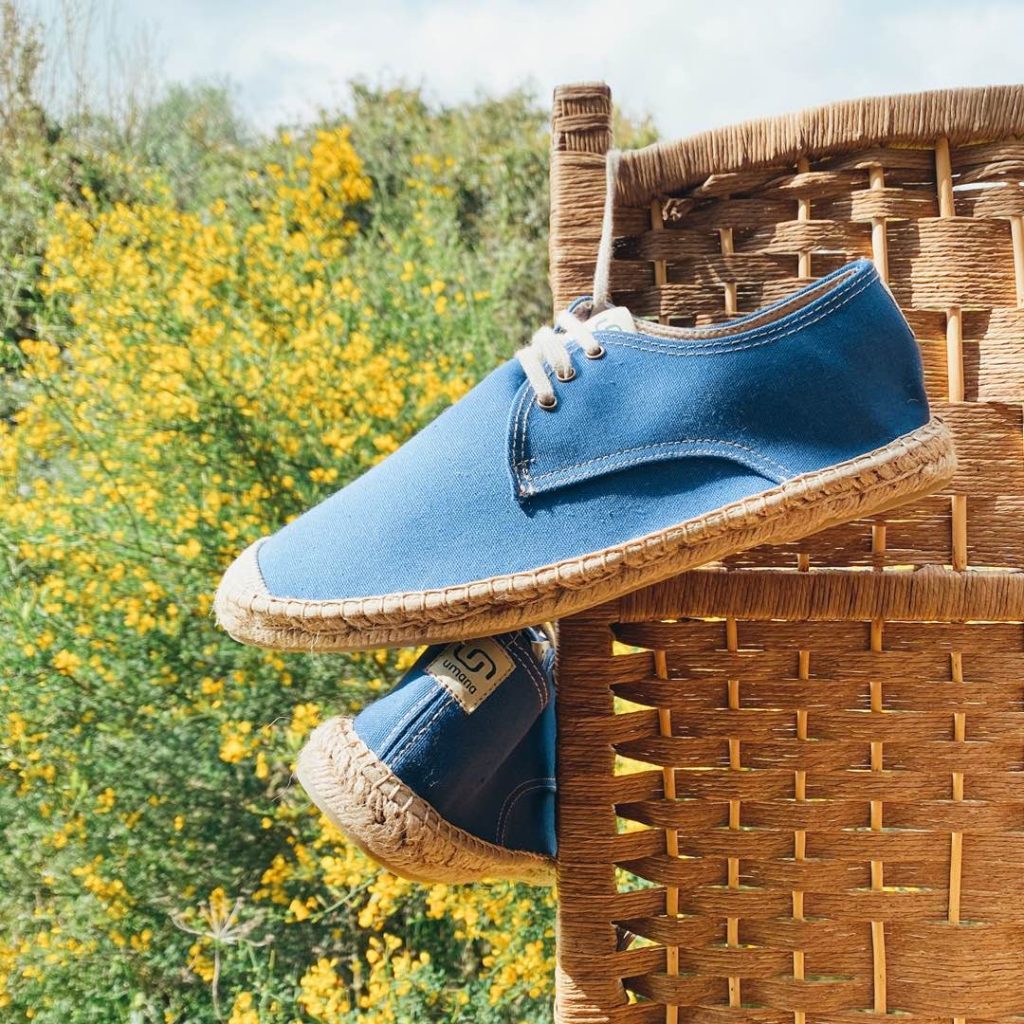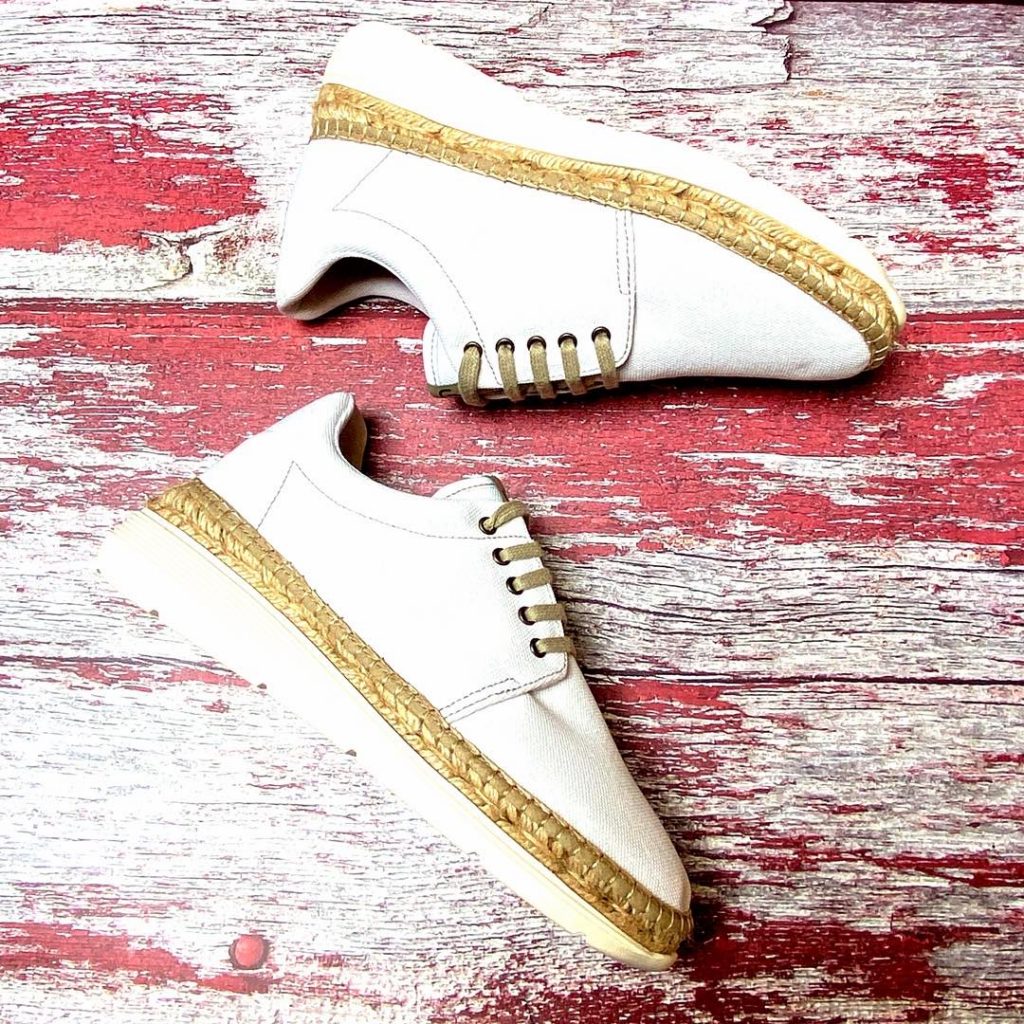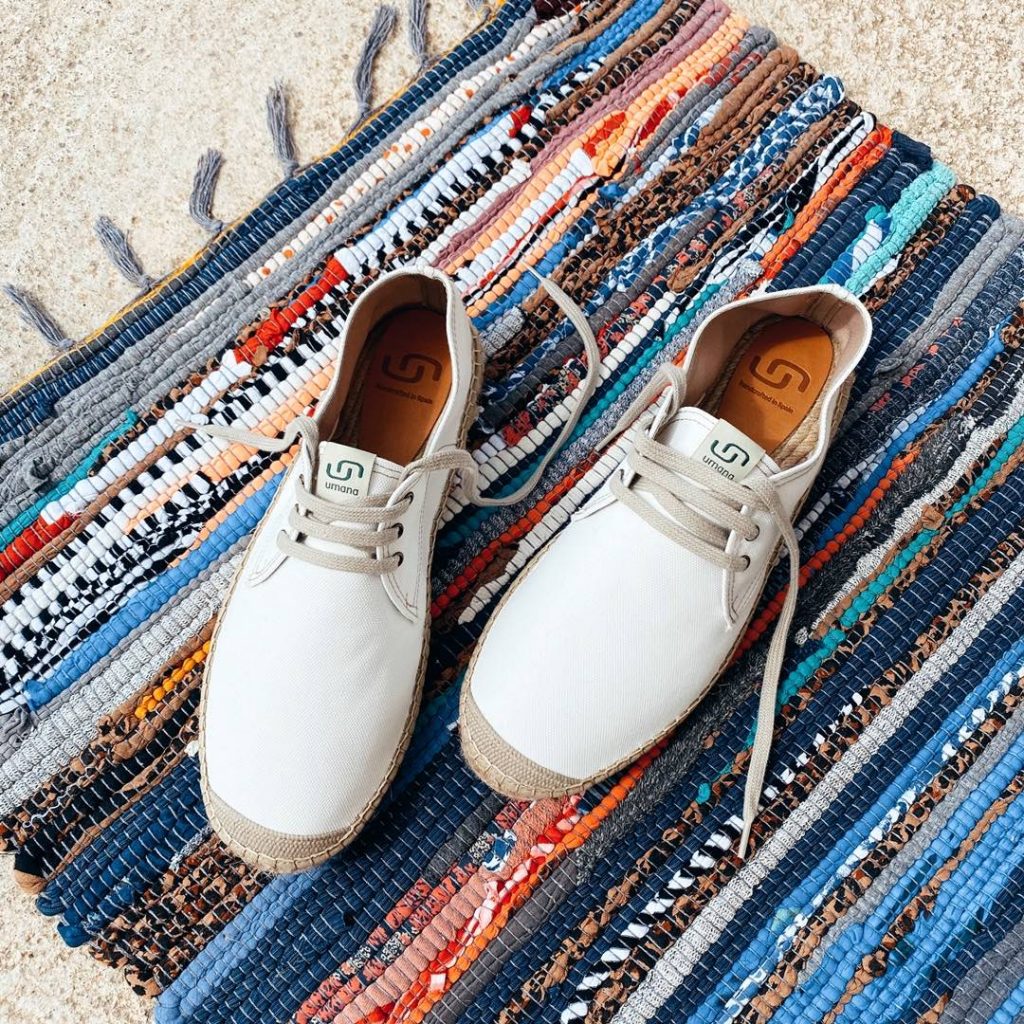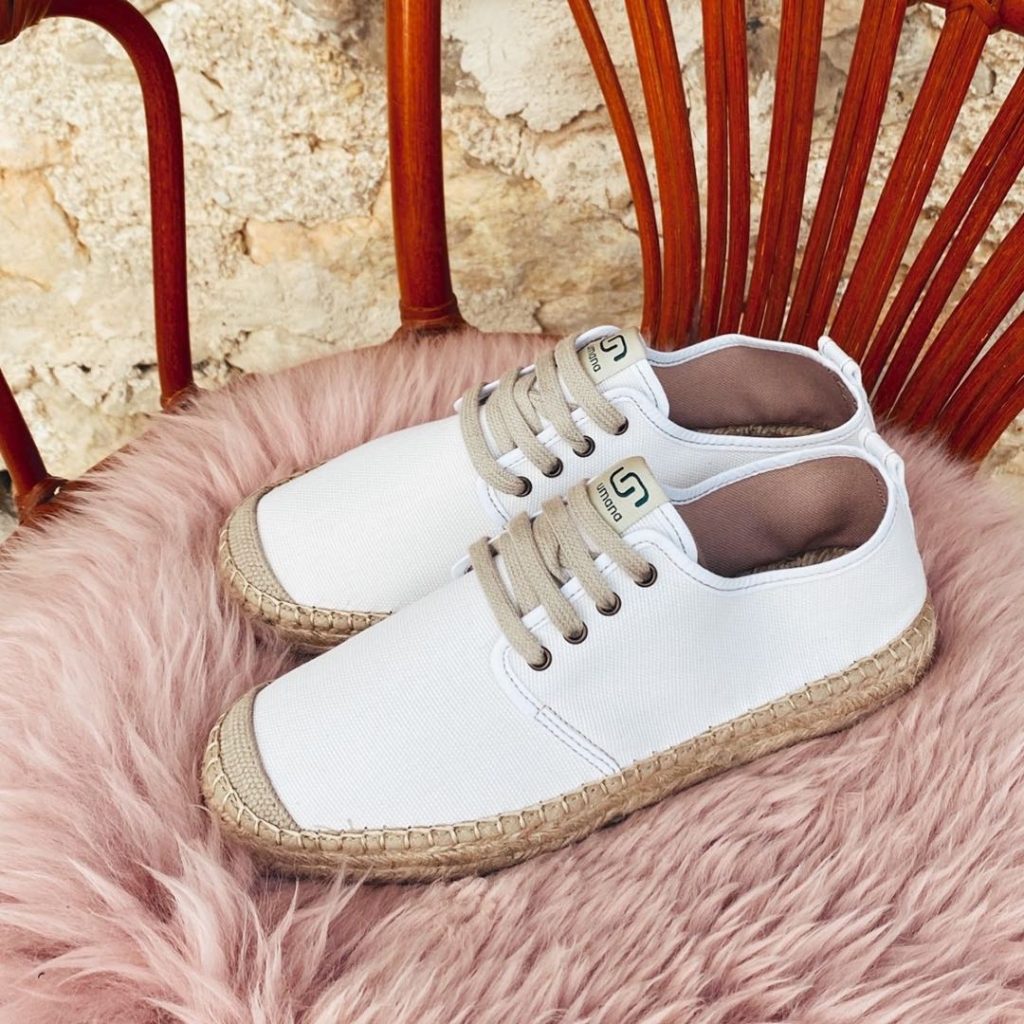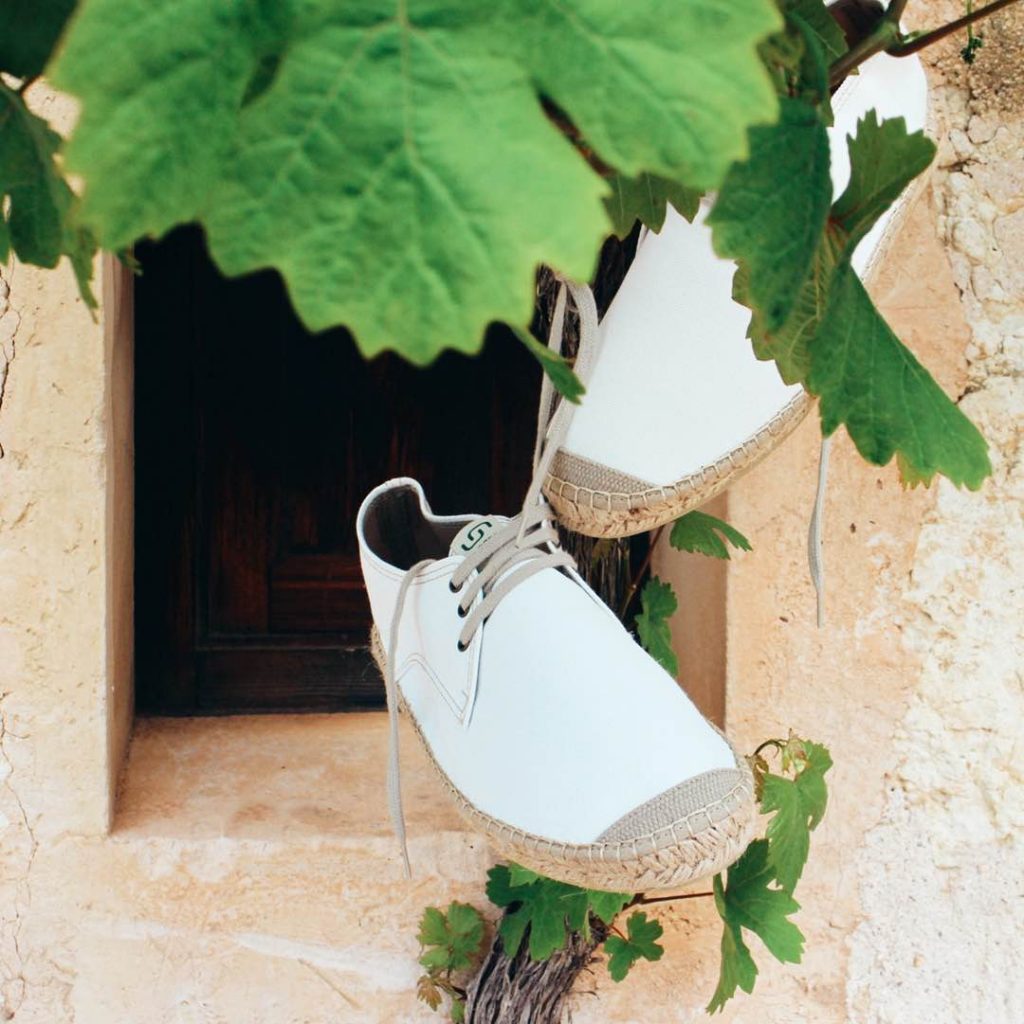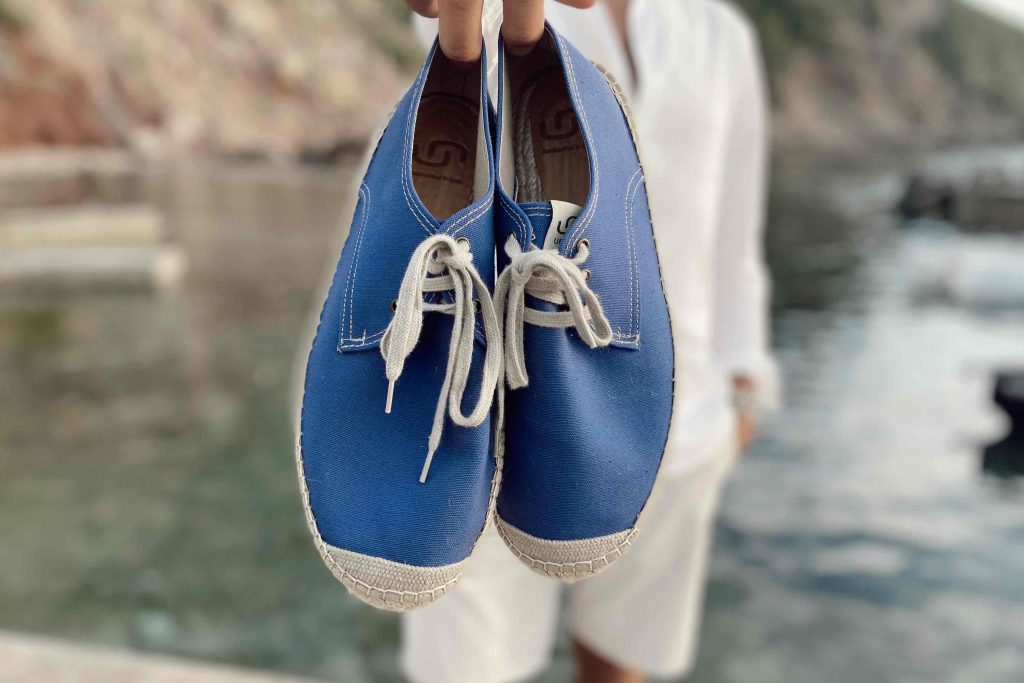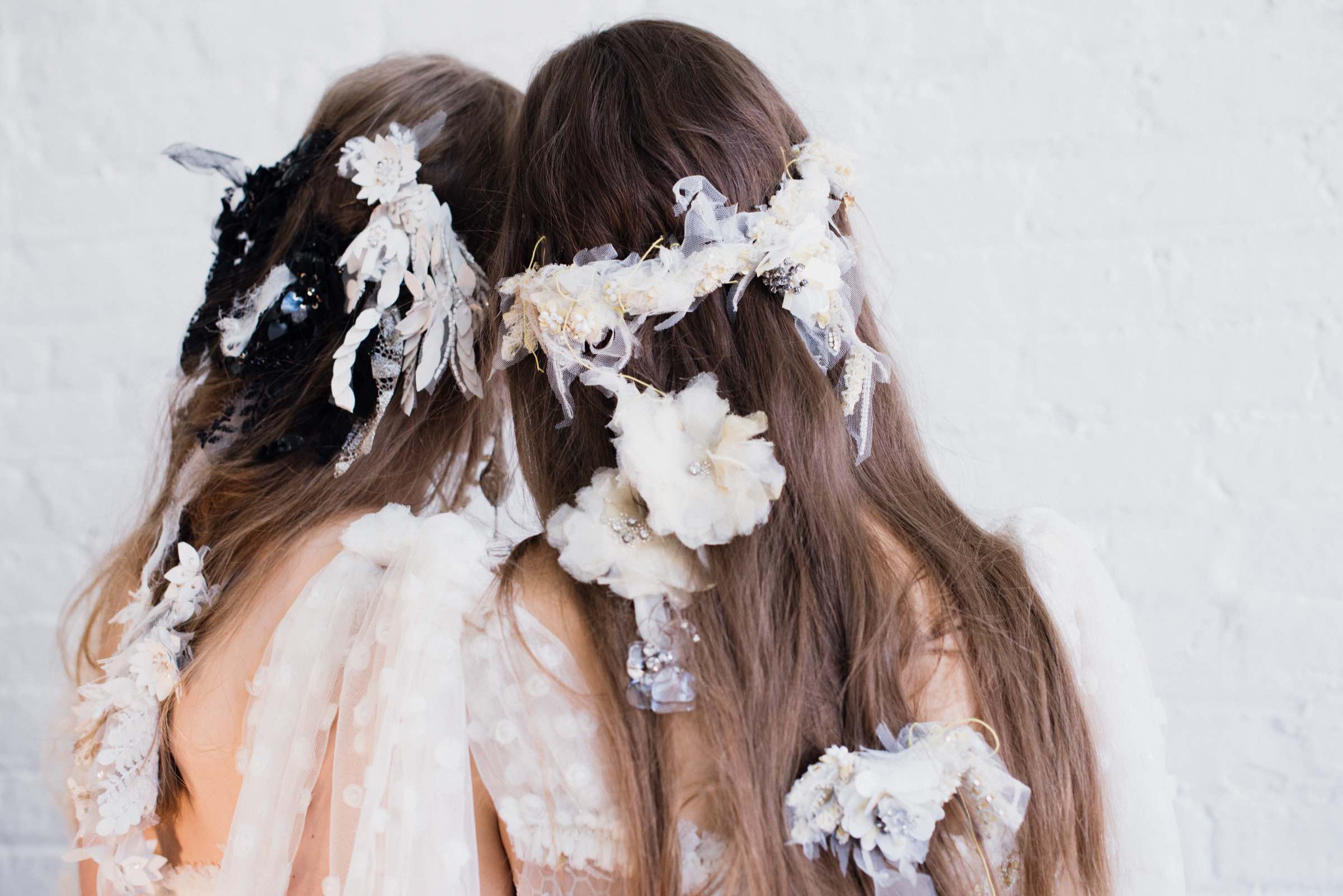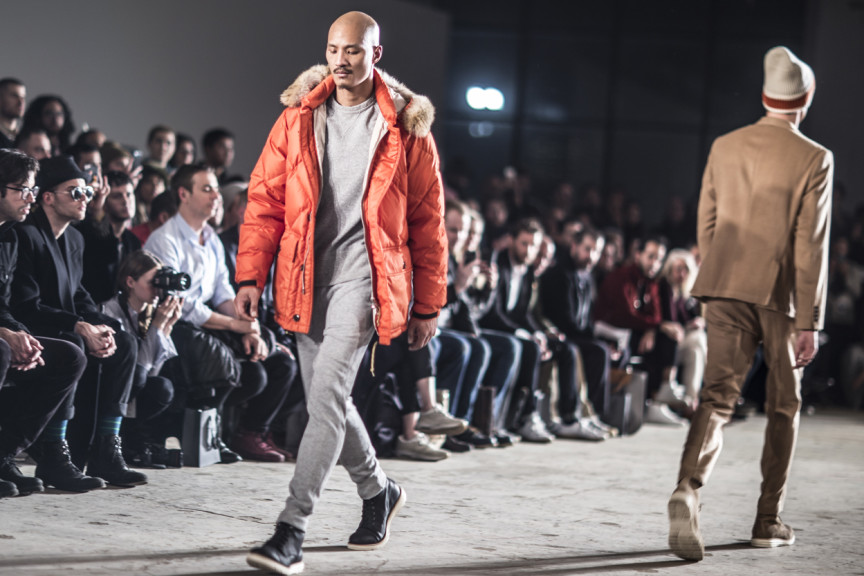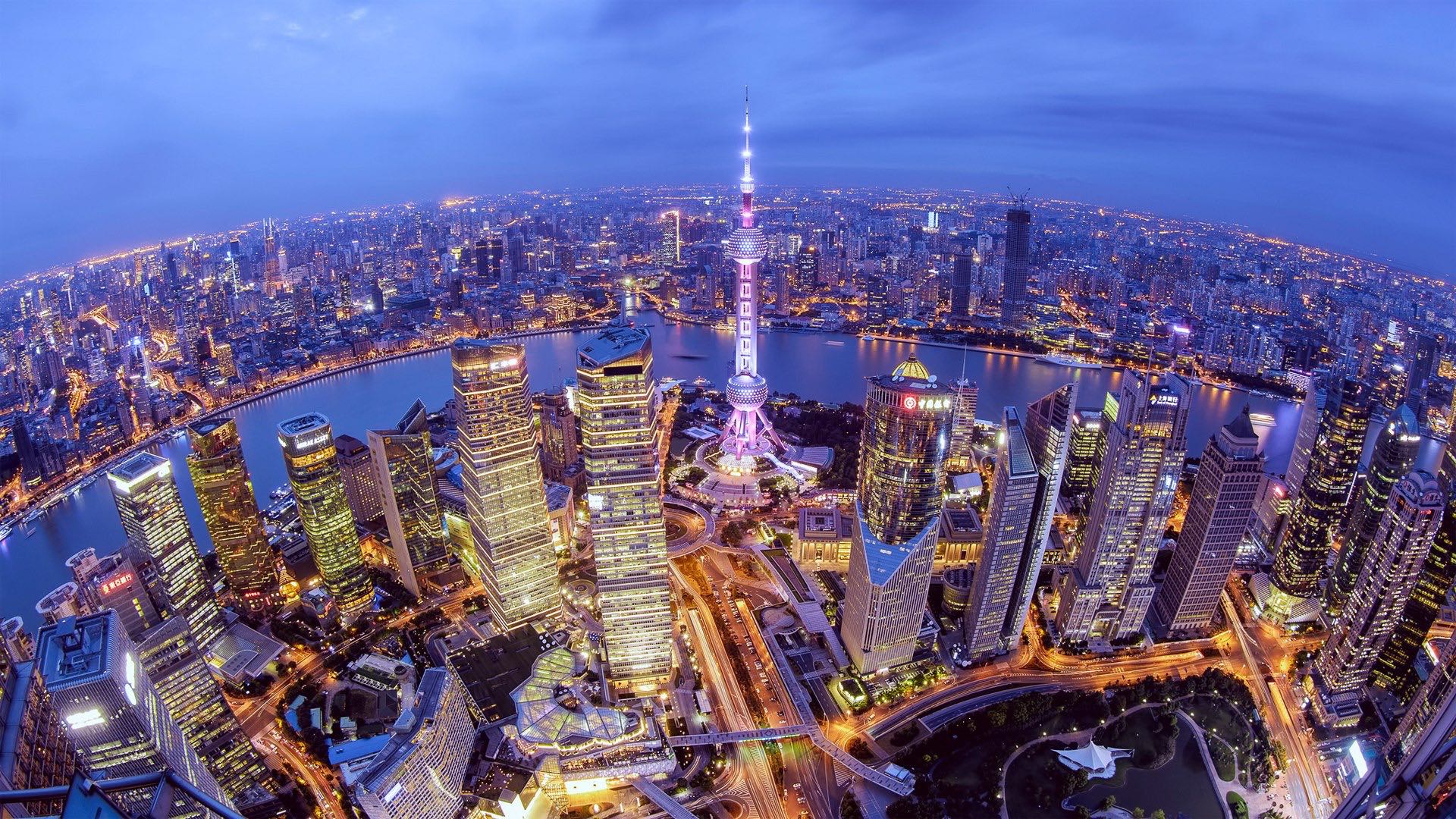Our global story is reaching a devastating climax. This narrative is deemed unsustainable and has unfolded in an ecological crisis with planetary boundaries being breached and the concentrations of carbon dioxide in the atmosphere increasingly accelerating, leading us to an ever warming and unstable existence.
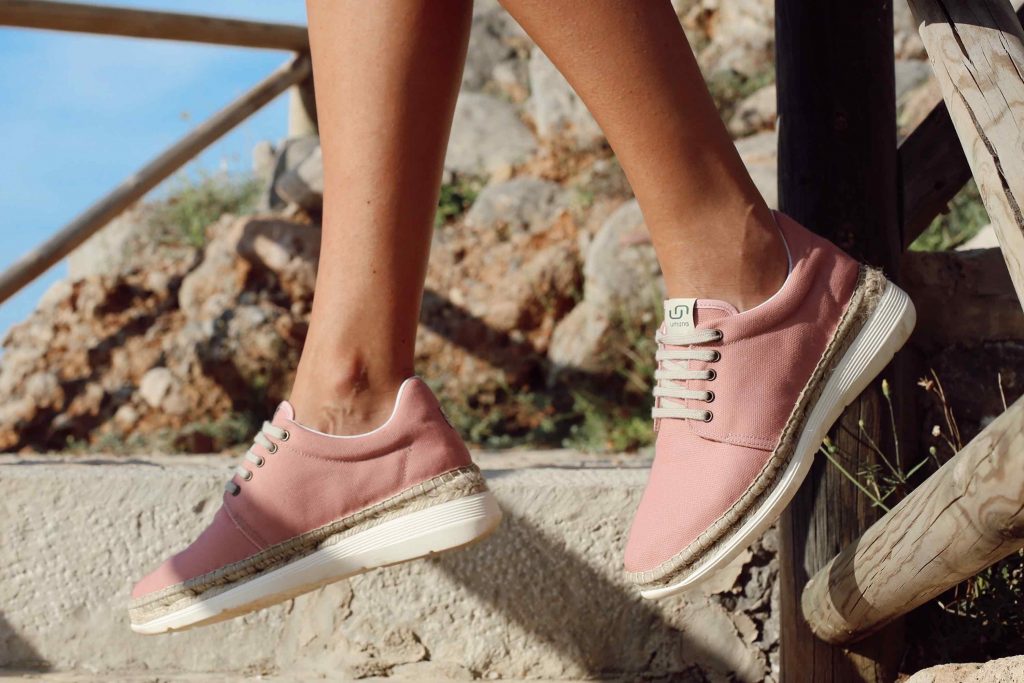
When one thinks about fashion, words like glamour, style, trend, etc. immediately strike the mind rather than words like sustainable, eco-friendly or ethical. However, in the coming ten to fifty years the most important question the fashion industry needs to ask is how sustainable it is? Ethical and sustainable fashion has been gathering momentum globally in the past decade. It is hard to imagine a world without fashion, but as we face up to the realities of the global climate emergency, we have to recognise that, the earth is our only home and if it gets sick that means we get sick too that is why it is important to start looking at pathways towards a more sustainable future. In recent years we have experience of the birth of sustainable, eco-friendly brands in fashion and it has been so heart warming. It can be difficult to find a pair of shoes that’s high quality and stylish, Umana is among a few others that are doing ethical shoes their way. They’re all practical and chic—not crunchy.
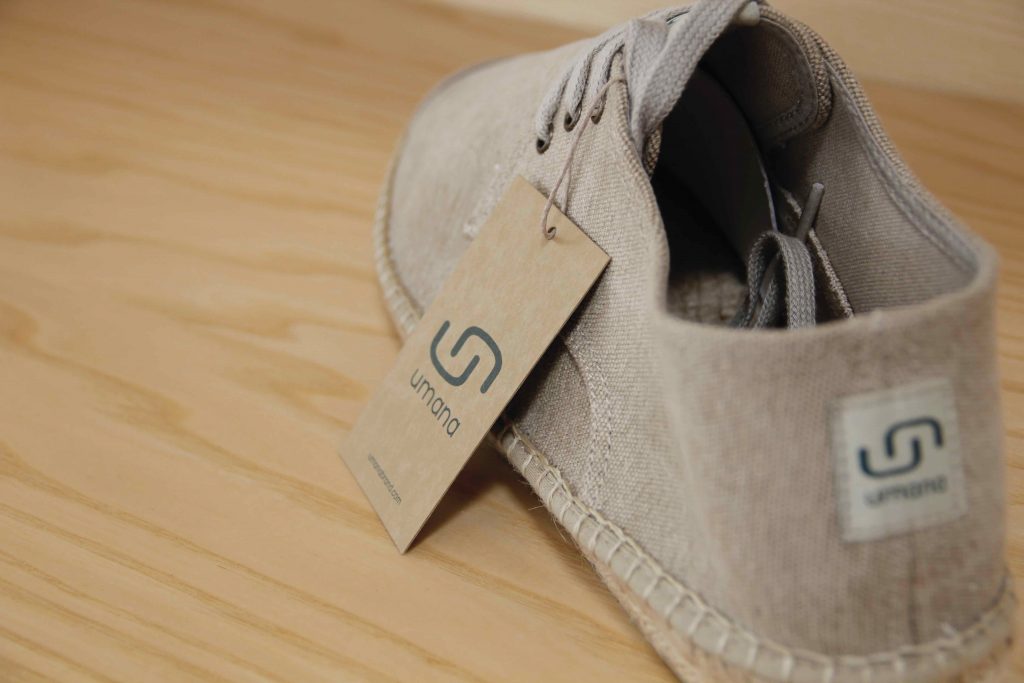
Umana brings alive the stories of the Mediterranean and of its ancient craft in the form of contemporary designs by handcrafting using natural materials, Umana is driven by the purpose to create functional and practical shoes that simultaneously fulfill a need for sustainability. It was a pleasure to reach out to Ben, the founder of the brand Umana.
SNM: Tell us about your professional career. What motivated you to start an eco-friendly company?
Ben: I graduated in economics in Madrid, Spain back in 1995 and moved to UK looking for career opportunities. I have been professional real estate manager and I have dedicated over 20 years in building up and managing real estate retail platforms across Europe. I have overseeing the performance of over 1,000 retail brands across Europe through my portfolio of investments and I have seeing the highest and lowest of some dominant brands, which provide me with relevant skill set in understanding some fashion trends.
I was born in small village just in the middle of rain forest in Africa and even thought that I lived there only until quite early years (my father sent me to Spain with my auntie to study with just 8 years ) I do have some of the best memories of my lifetime just living in a complete natural environment.
It took me some 20 years to go back to Africa since arriving in Europe and the situation I did encounter was substantially different from my early life years. The country discovers petroleum and the whole economy shifted, the contamination growth high and the dependency from non-organic production was quite the norm. Unfortunately, this happens in most developing countries where the transformation of the economy is adversely link to the attention to the climate. So, for me it was quite embedded in my mind that any company I could start up should be eco-friendly and should have the capacity to empower responsible and sustainable attitudes.
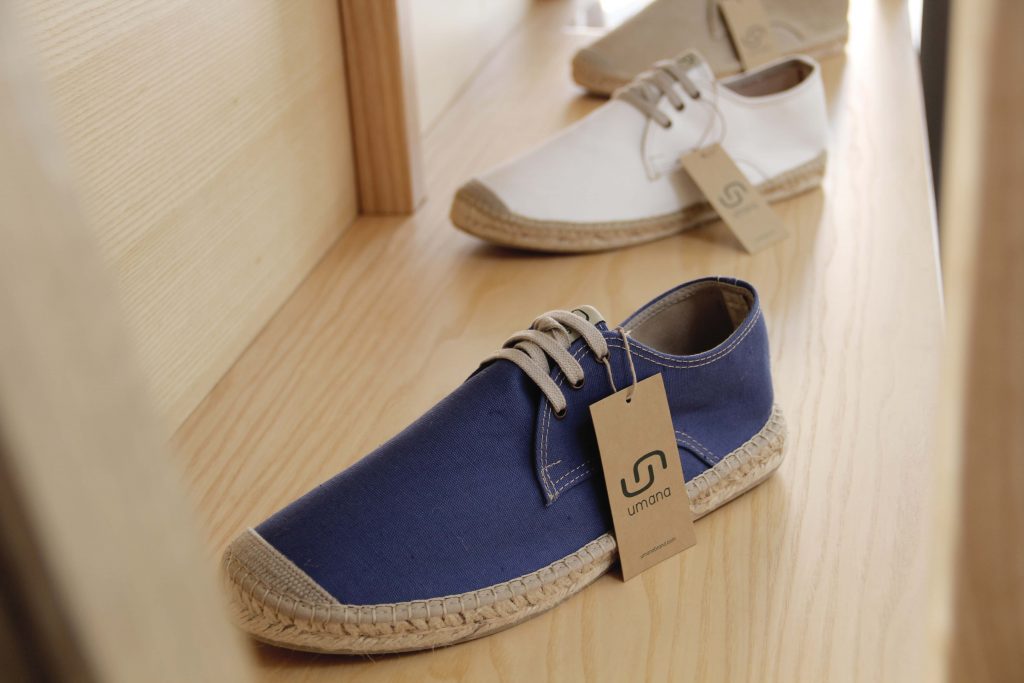
SNM: What is the meaning and story behind the name Umana?
Ben: I really wanted to build the project around 3 pillars. Locally made in Spain. Sustainably made with materials also elaborated locally in Spain.
And humanly made in a handcrafted manner by artisans with fair salaries. This last pillar would give the article a human quality (“Calidad Humana”), and from there the name “Umana” was born.
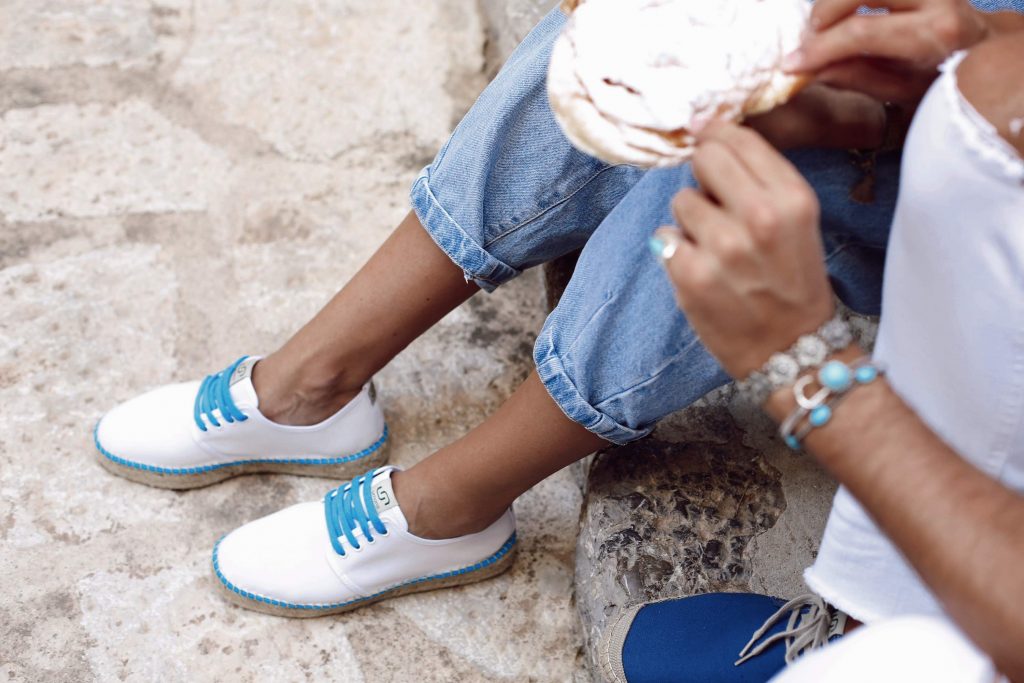
SNM: Sum up the aesthetic of your brand. Do you have any signatures?
Ben: The brand has a lot of Mediterranean inspiration. I have been living in the island of Mallorca since 2018 and I love it. The island is a complete paradise with the calas, beaches, small traditional villages and the “Serra Tramuntana” a UNESCO world heritage natural landscape marked by agricultural terraces and inter-connected water works – including water mills – as well as dry stone constructions and farms.
I wanted Umana to be inspired by this nature, everyday shoes that could be wear comfortably for any occasion.
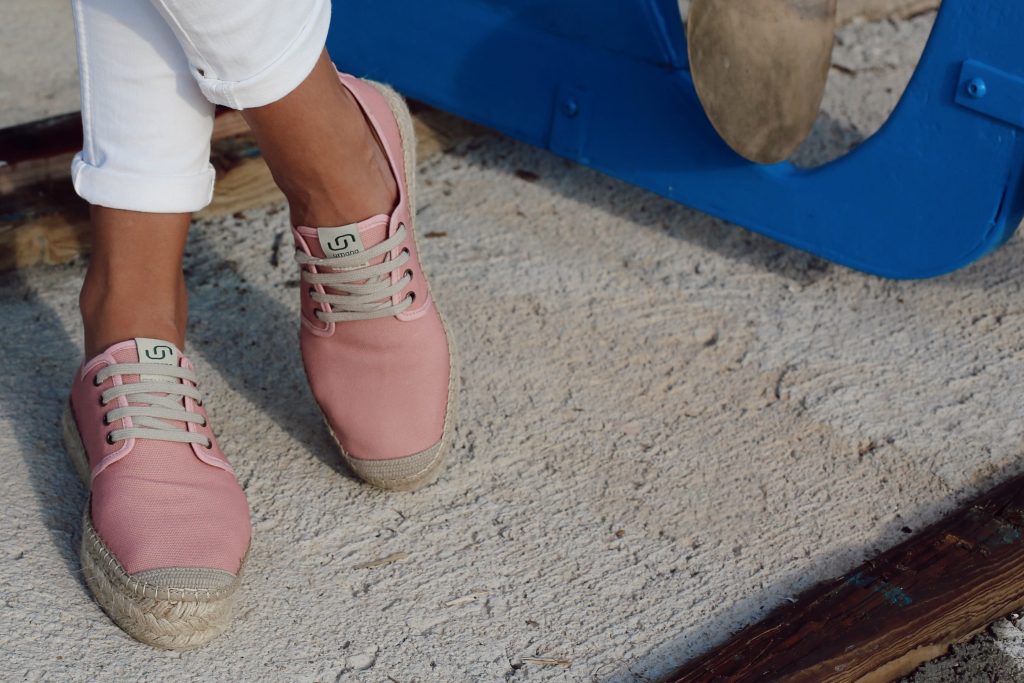
SNM: Why is it important for you to use recycled material in production?
Ben: I have had the opportunity to live a natural life as a child in Africa, we had everything from the nature. My hut house was just by the river where we use to fish, drink, and bath. The land was used to grow our fruit, vegetables, and hunt. African culture is based on land caring so the land could continue to provide you with good living.
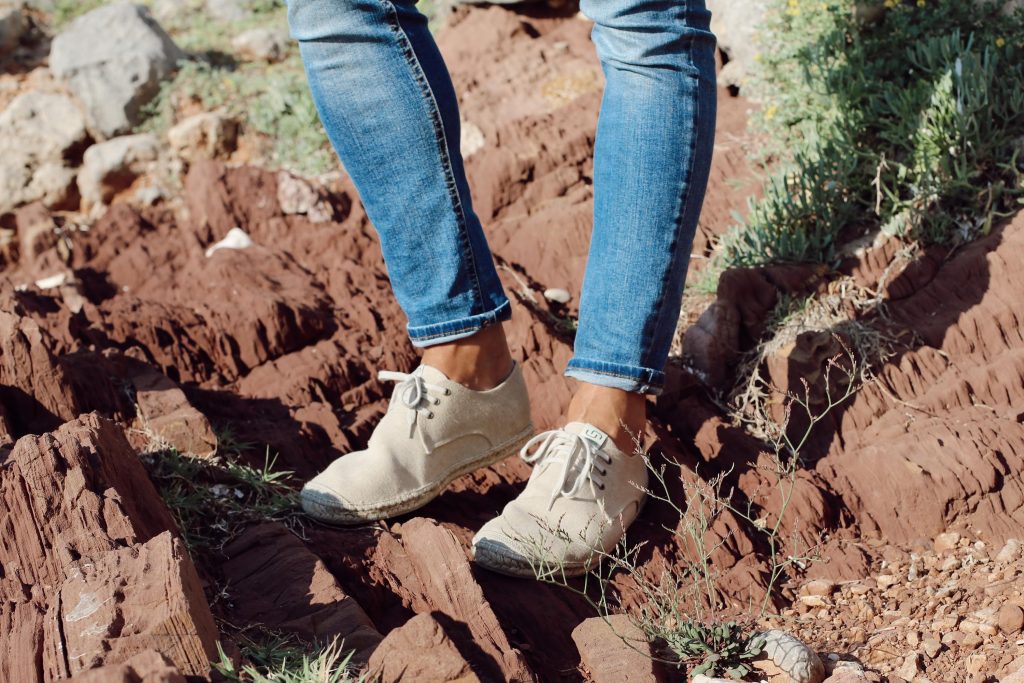
For me this is the basic of recycling. At Umana we use recycled materials to continue with this idea that nothing is here to be disposed of and everything have a second life and a lasting life.
We are the generation of renewal and it is our duty to encourage those who follow us about the importance of consuming eco-friendly and practicing fair trade, in an integral way and integrating it into our daily lives.
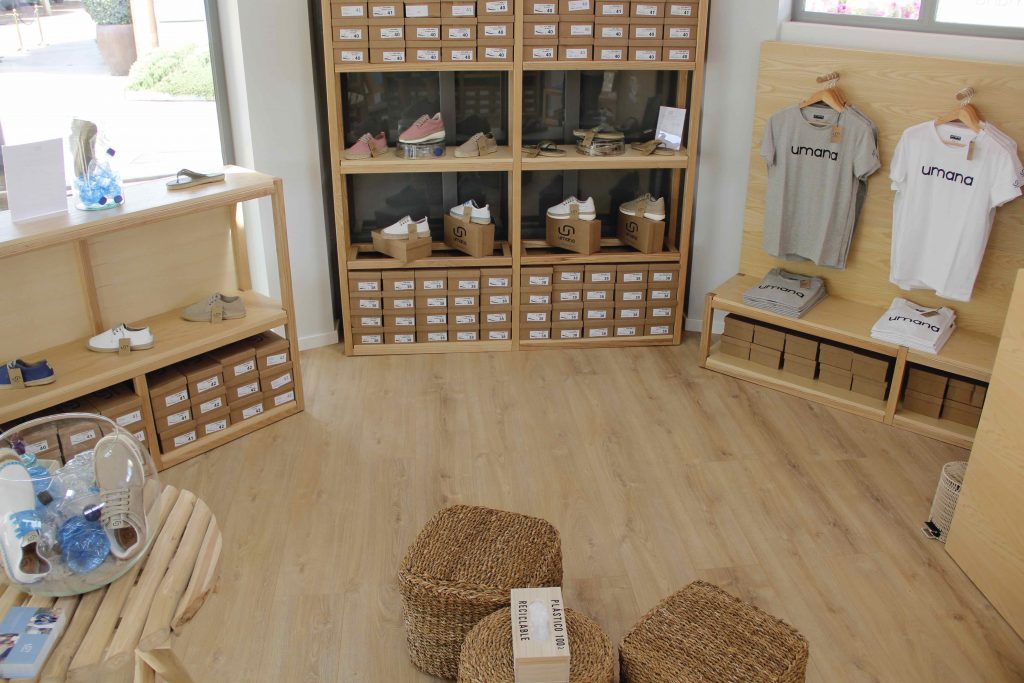
With an ecological and responsible consumption, we will preserve more our basic resources; like water, the air we breathe, and our fields.
SNM: Do you face limitations for using recycled materials when creating your pieces? How do you work around them?
Ben: We made a decision with Umana and is to produce locally and to use locally recycled materials and by taken this decision we automatically incurred in higher cost of production which limit the range of our collection at this stage. Also, our materials are not off-the shelf meaning that every time we change colour it takes time to elaborate the specific fabric.
Our clients are asking us for more lines and even a kid’s line, but we want to take our time and not try to cover too much. We aim at quality over quantity, so we see these limitations as exclusivity for our clients.
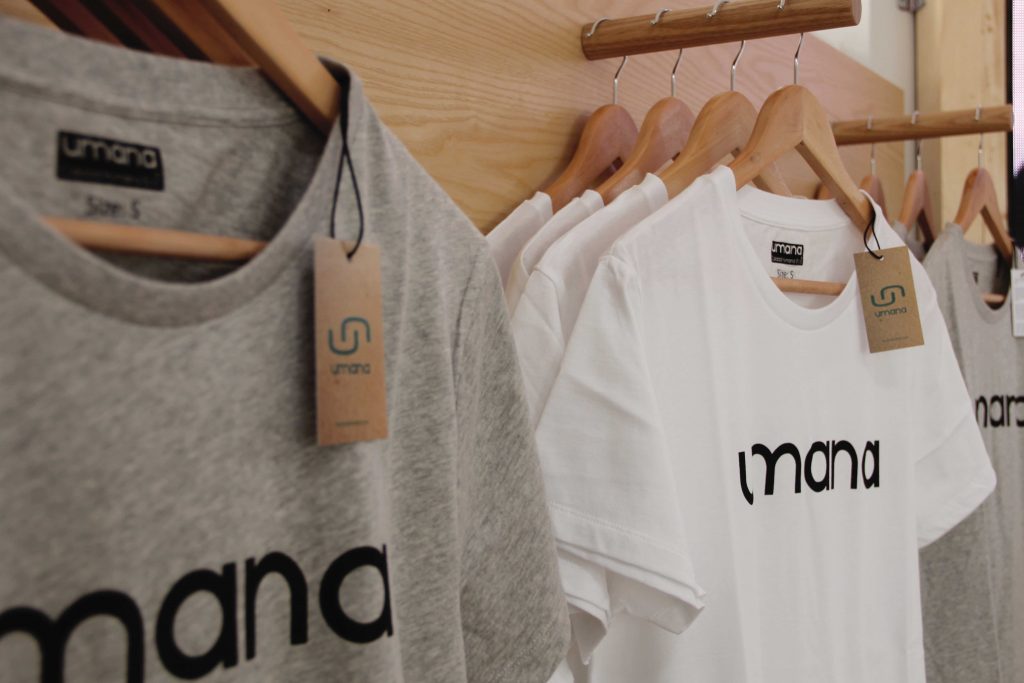
SNM: Which is your best-selling piece? and what do you think the reasons are for this?
Ben: We are extremely happy that Umana appeals equally to men and women. Our clients both online and physical store are equally split, and we really want to keep that because recycling is a unisex theme, the only difference that we experience at least in our shop is that men comes almost with the decision taken when they past the door and the women need a bit more trying. Our shop in Mallorca have a conversion rate above 40% meaning that at least 40% of the people entering in the store buy the shoes and the ratio increases for those trying the shoes because they feel the comfort.
SNM: Take us through the sustainable process and material for making your shoes?
Ben: We have several sustainable ingredients in making our shoes.
The first and most important one is that our shoes are handcrafted by local artisans in La Rioja (Spain). This mean that we reduce to a minimum the emissions of CO2 or polluting particles into the atmosphere. Every pair of our shoes is individually hand-sewn.
The second ingredient are the materials. We use recycled materials elaborated in Alicante (Spain), meaning that we don’t go a long way to get these materials which also help to reduce our carbon footprint, the distance between Alicante and La Rioja is just around 650 Km. All our materials are certified by internationally recognized organizations providing assurance to the article.
The third ingredient is that by producing in Spain we are sure on fair employment conditions and there is no exploitation in terms of salaries and long working hours happening in some other locations across the developed countries.
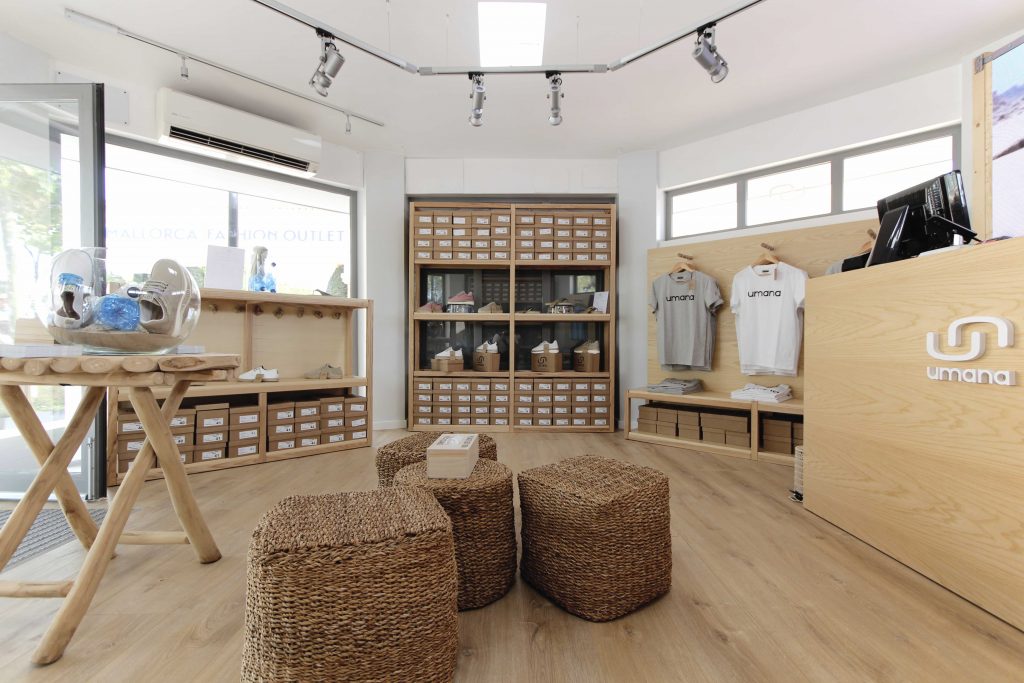
SNM: How do you think we as individuals can start on a path to a more sustainable life? What are those first baby steps we can take?
Ben: The reality is that we only have one planet to live and we only have one body to inhabit and taking care of ourselves is also taking care of the environment.
Many people wonder what it is and what benefits are generated by consuming organic fashion or organic in general in our daily life. Well, the main reason is simple, for our health.
Every action we take in our daily life have impact in the environment so on the small scale every one of us could make a change. Just try to use more natural light every day, walk or bike instead of using the car, recycled bins at home etc. Try to think what you need and not what you want! This message may not fit well with the fashion industry however having a responsible attitude towards consuming fashion is part of the change.
SNM: Your shoes are beautifully made, so tell us, who are your shoes made for?
Ben: Thank you. We design shoes for everyday life with Mediterranean soul.
We are extremely pleased that our shoes really appeal equally to men and women and that really helps to transmit our ecological message to both audiences.
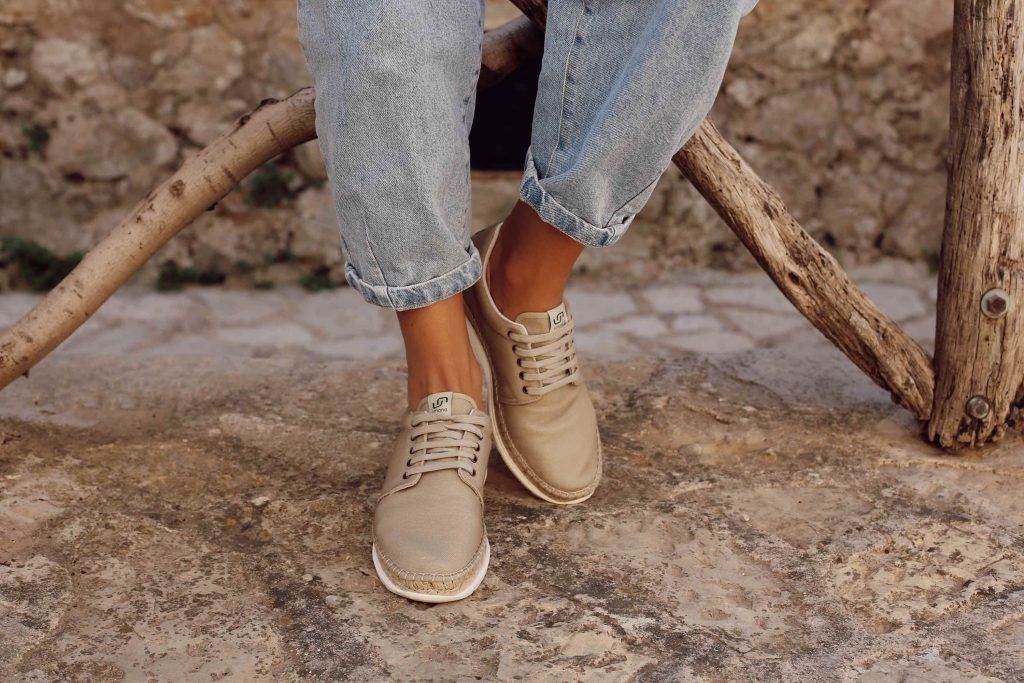
SNM: How do you want people to feel when they wear your shoes?
Ben: We want our clients to have a happy feeling. We are strong believers on the power of word of mouth, so we take time in our shop to explain how our shoes are made and the message behind our shoes. Some clients just like the design at the beginning but end up with a happy feeling when they learn more about the process of making the shoes.
SNM: Where can we shop for your shoes?
Ben: You can find us online at umanabrand.com and the social media channels, but it you are traveling to Mallorca (Spain) you can also visit our first store at Mallorca Fashion Outlet.
You can also contact us directly at hola@umanabrand.com for any enquiries, comments or special orders.
By Anderson Azugbene
